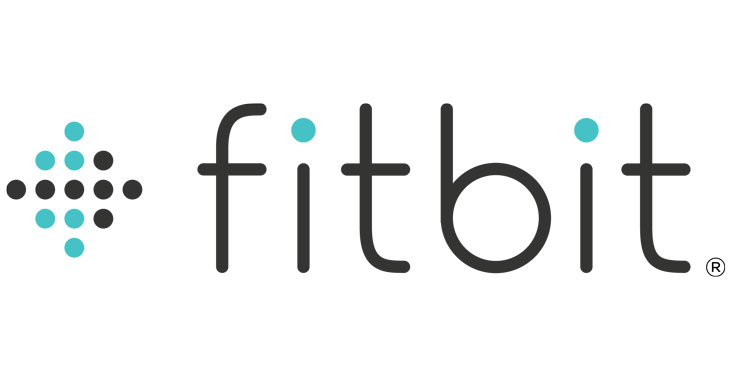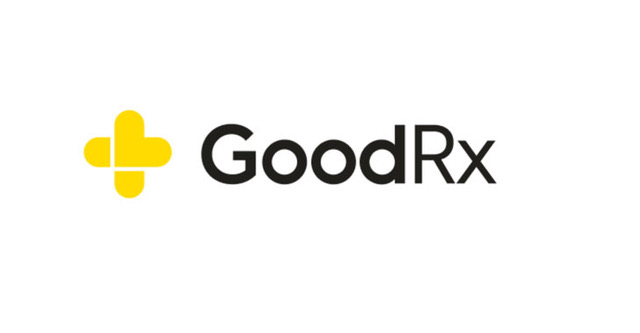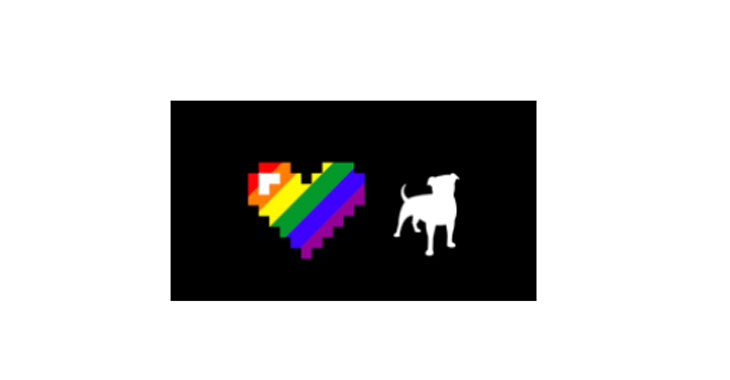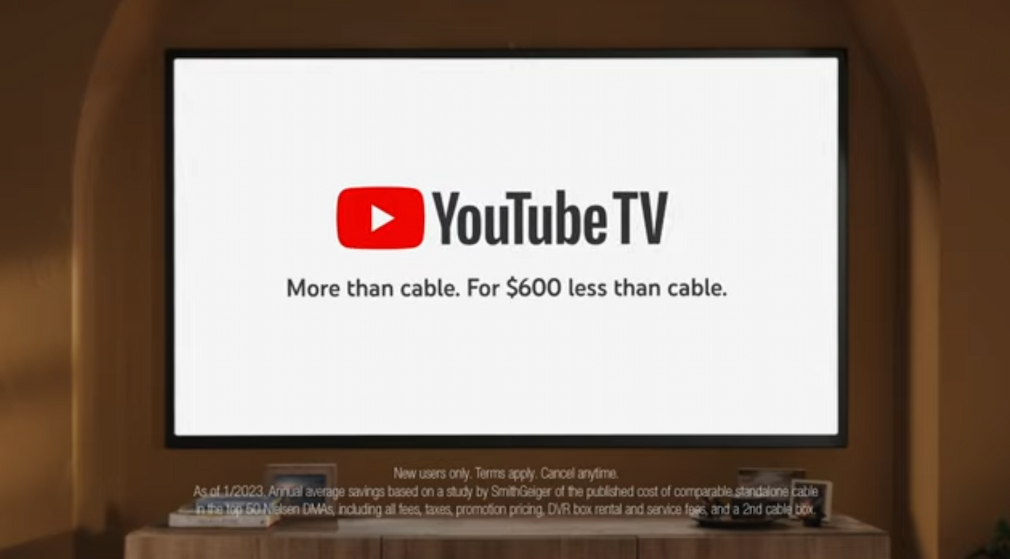
Google’s “Location History” Feature
Allegations: Misrepresenting that Google does not track consumers’ movements or store a record of their locations when the “Location History” feature on mobile devices is disabled
In June 2020, a class-action lawsuit was filed alleging that Google’s website – sometimes referred to as Google Buys or Google Shopping — misleadingly markets Pine-Sol Multi Surface Cleaner using language and an image of the product label that claims the cleaner “Kills 99.9% of Germs” and implies that the product will also kill the COVID-19 virus without adequate scientific studies to support such claims. (Golditch et al v. Alphabet, Inc., Google, Inc., and Google, LLC, Case No. 20-cv-11142, D. Mass.)
Allegations: Misrepresenting that Google does not track consumers’ movements or store a record of their locations when the “Location History” feature on mobile devices is disabled
Allegations: Failing to adequately disclose the terms of subscriptions
Allegations: Deceptively marketing apps in its Designed for Families program as safe and appropriate for children
Allegations: Misleadingly marketing that fitness trackers are capable of measuring blood oxygen levels when they do not provide accurate measures
Allegations: Advertising phones as capable of accessing 5G broadband networks when they were no longer able to access 5G networks after a software update
Allegations: Falsely representing that the company safeguards consumers’ personal data when such information was disclosed to third parties
Allegations: Failing to adequately disclose the terms of subscriptions and making it difficult to cancel
Allegations: Promoting illegal virtual gambling games
Allegations: Promoting illegal virtual gambling games
Allegations: Promoting illegal virtual gambling games
Allegations: Promoting illegal virtual gambling games
Allegations: Promoting illegal virtual gambling games
Allegations: Failing to adequately disclose that certain games use loot boxes, which are a form of gambling that violates state anti-gambling laws
Allegations: Falsely advertising Stadia as more powerful than other gaming consoles and as displaying all video games in 4k resolution
Why diabetes patients should research carefully before buying.
Some class-action settlements that left consumers behind.
What consumers should know about software tethering.
New AI-powered search feature produces misleading answers.
Google appeals decision recommending it drop comparative pricing claim.













